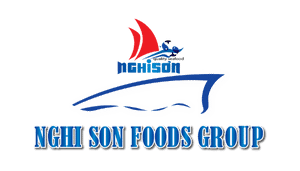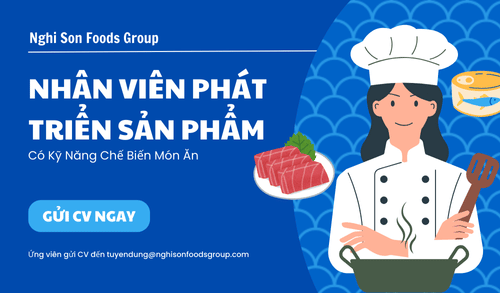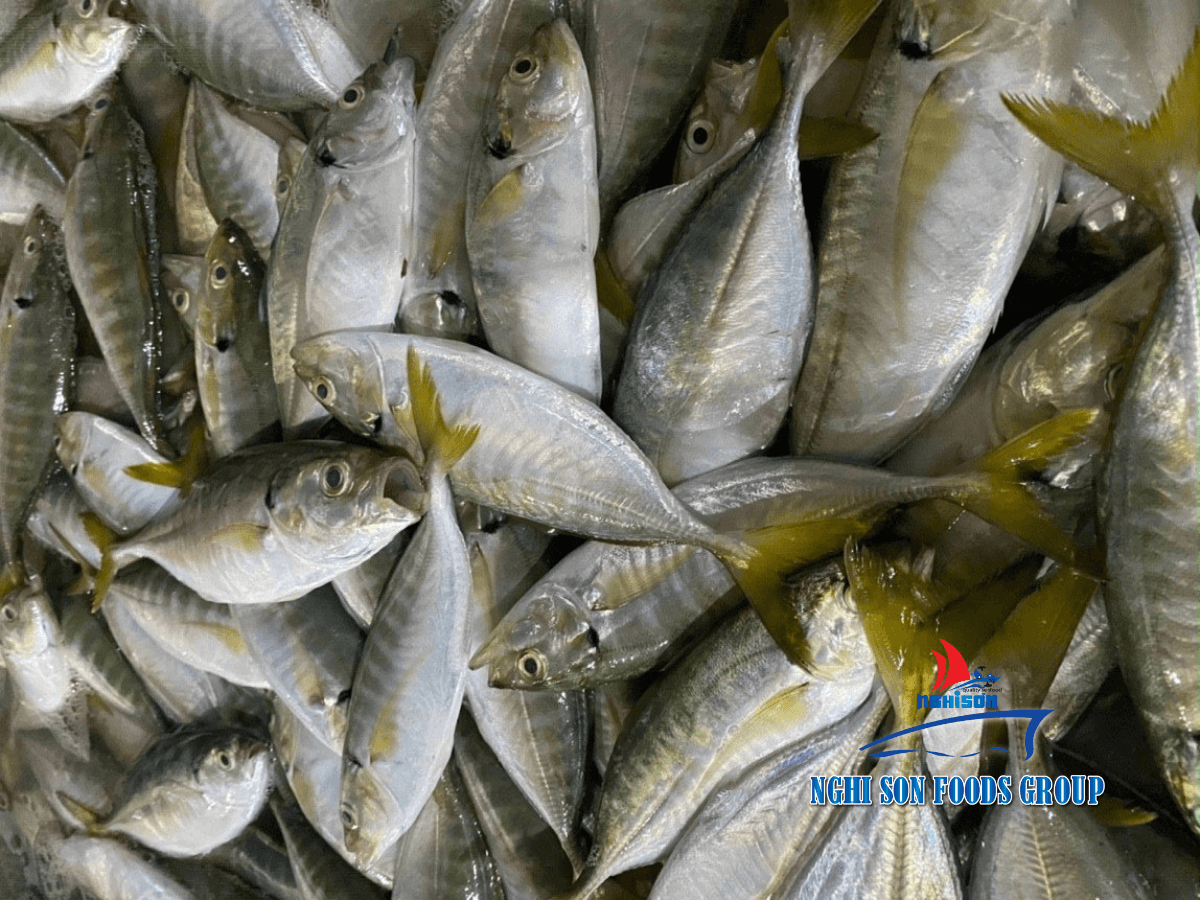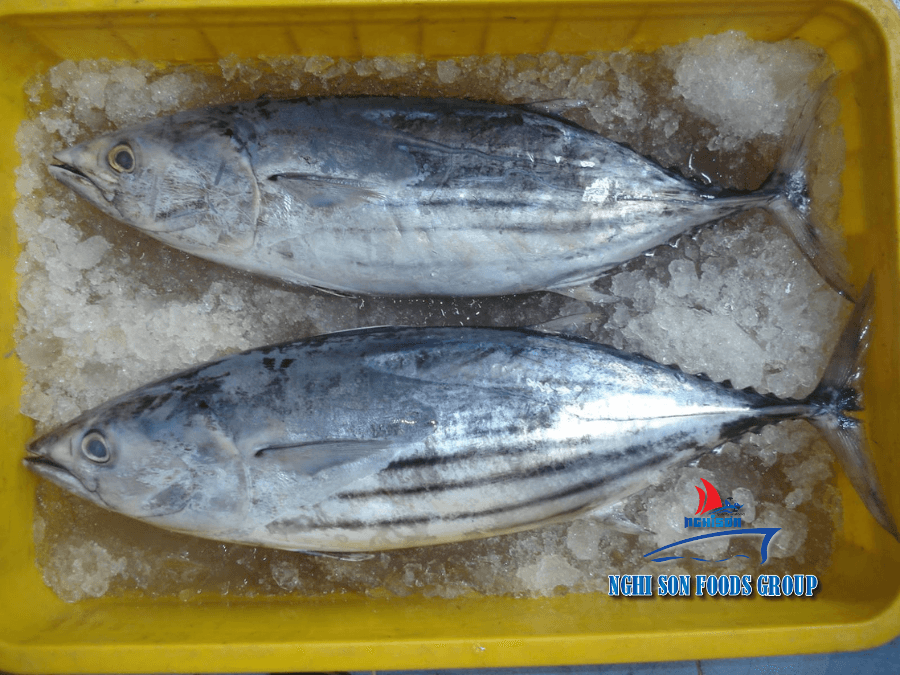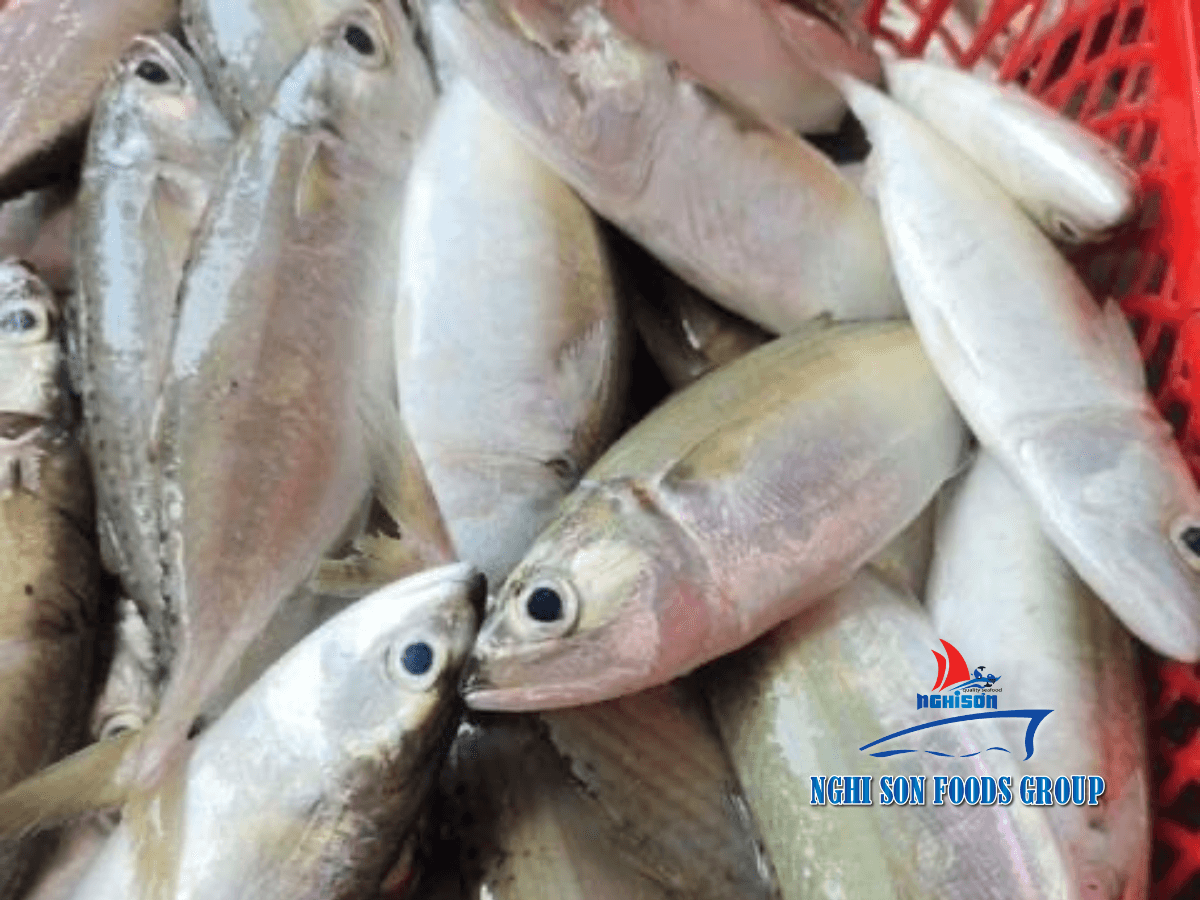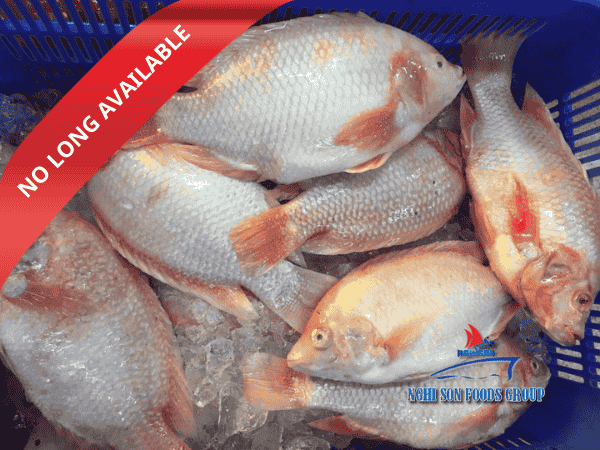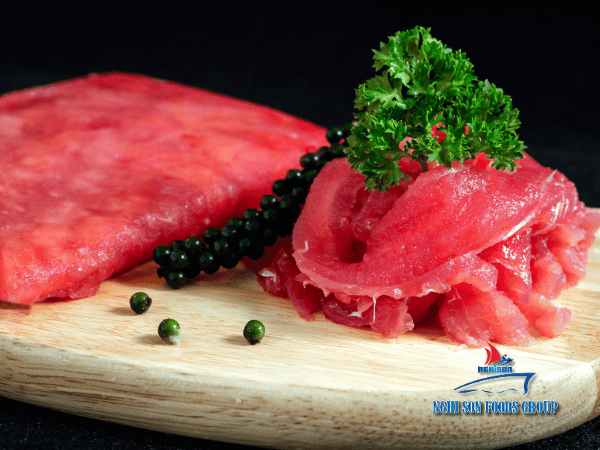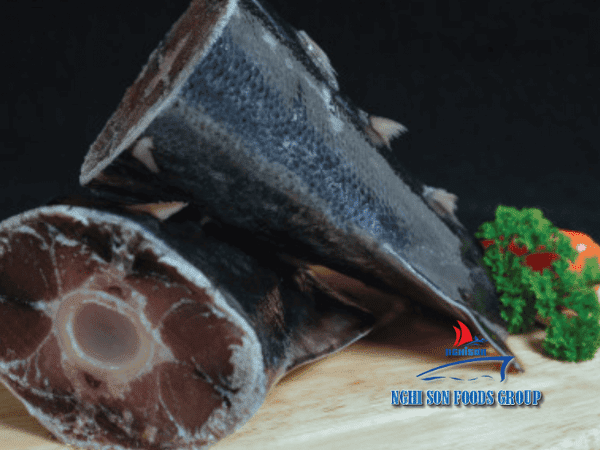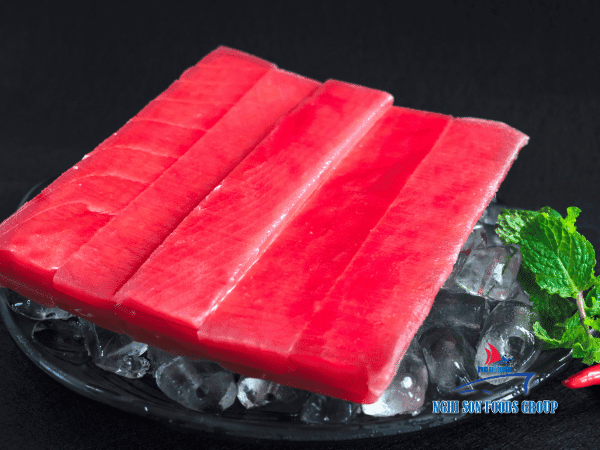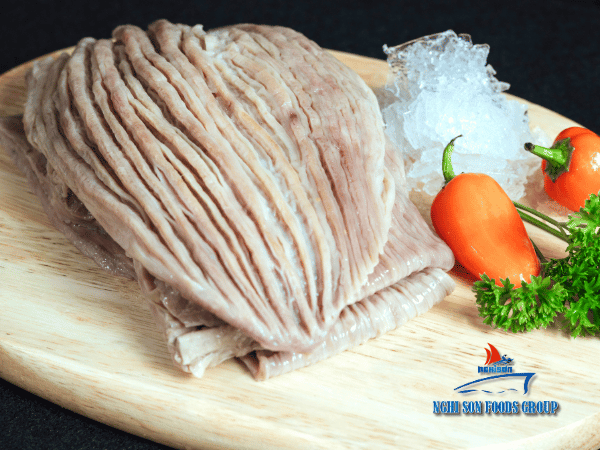Shrimp export is a thriving industry that serves as a vital link between producers and consumers across the globe. To tap into the lucrative retail markets worldwide, shrimp exporters must meticulously navigate international trade regulations and maintain the highest standards of quality assurance. In this comprehensive guide, we will explore the essential certificates that every shrimp exporter should possess, with a focus on meeting the stringent demands of the retail sector.
Table of Contents
ToggleHealth Certificate
The Health Certificate stands as the cornerstone of shrimp export to retail markets. Ensuring compliance with the sanitary and phytosanitary standards laid out by international organizations such as the FAO is essential. This certificate offers retailers the assurance that the shrimp products are not only safe for consumption but also meet the rigorous quality criteria expected by discerning consumers.
Organization: Food and Agriculture Organization (FAO)
Certificate of Origin
The Certificate of Origin is a vital document for shrimp exporters looking to access retail markets. It authenticates the source of the shrimp products, providing retailers with valuable information about their origin. Retailers often rely on this certificate to verify the authenticity of the shrimp and its adherence to specific regional or country-of-origin preferences.
Organization: Chamber of Commerce or Customs Authority
HACCP Certification
In the world of retail, consumer trust is paramount. Obtaining Hazard Analysis Critical Control Point (HACCP) certification is a proactive step for shrimp exporters. This certification demonstrates a commitment to food safety and quality, aligning with the retail industry’s strict standards. It helps build retailer confidence in the products’ safety and integrity.
Organization: International HACCP Alliance
Aquaculture Stewardship Council (ASC) Certification
Retailers, especially those catering to environmentally conscious consumers, highly value ASC certification. It signifies a commitment to sustainable and responsible aquaculture practices, aligning with the growing consumer demand for eco-friendly seafood choices. ASC certification opens doors to premium retail markets seeking ethically sourced products.
Organization: Aquaculture Stewardship Council
Organic Certification
The organic label has gained significant traction in retail markets. Shrimp exporters can appeal to health-conscious and eco-conscious consumers by obtaining organic certification. Different organic certification bodies worldwide confirm that the shrimp are produced using organic and sustainable practices, free from synthetic chemicals or antibiotics.
Organization: Various Organic Certification Bodies
IFS (International Featured Standards) Certification
Retailers in Europe are known for their stringent quality requirements. IFS certification is instrumental in accessing these markets. It assures retailers that the shrimp products meet European Union regulations, making them more competitive and appealing in European retail settings.
Organization: IFS Management GmbH
GlobalG.A.P. Certification
Global Good Agricultural Practices (GlobalG.A.P.) certification is an internationally recognized standard that carries weight in retail circles. It signifies that shrimp farming adheres to stringent quality and safety criteria. Retailers worldwide trust this certification to ensure the products they offer meet the highest industry standards.
Organization: GlobalG.A.P.
Conclusion
In the fast-paced world of retail, shrimp exporters must align with the evolving demands of consumers and retailers alike. Acquiring the right certificates not only ensures compliance with global standards but also positions shrimp exporters as trusted partners in the retail supply chain.
Shrimp exporters seeking success in the retail sector should be proactive in obtaining and maintaining these certificates. By doing so, they not only meet the exacting requirements of retail markets but also contribute to the overall reputation of the shrimp industry as a source of premium, safe, and sustainably sourced products.
In conclusion, understanding the significance of these certificates and their role in gaining access to retail markets is essential for shrimp exporters aiming to thrive in this competitive sector. By adhering to these standards, shrimp exporters can ensure that their products stand out on retail shelves and meet the expectations of both retailers and consumers.
